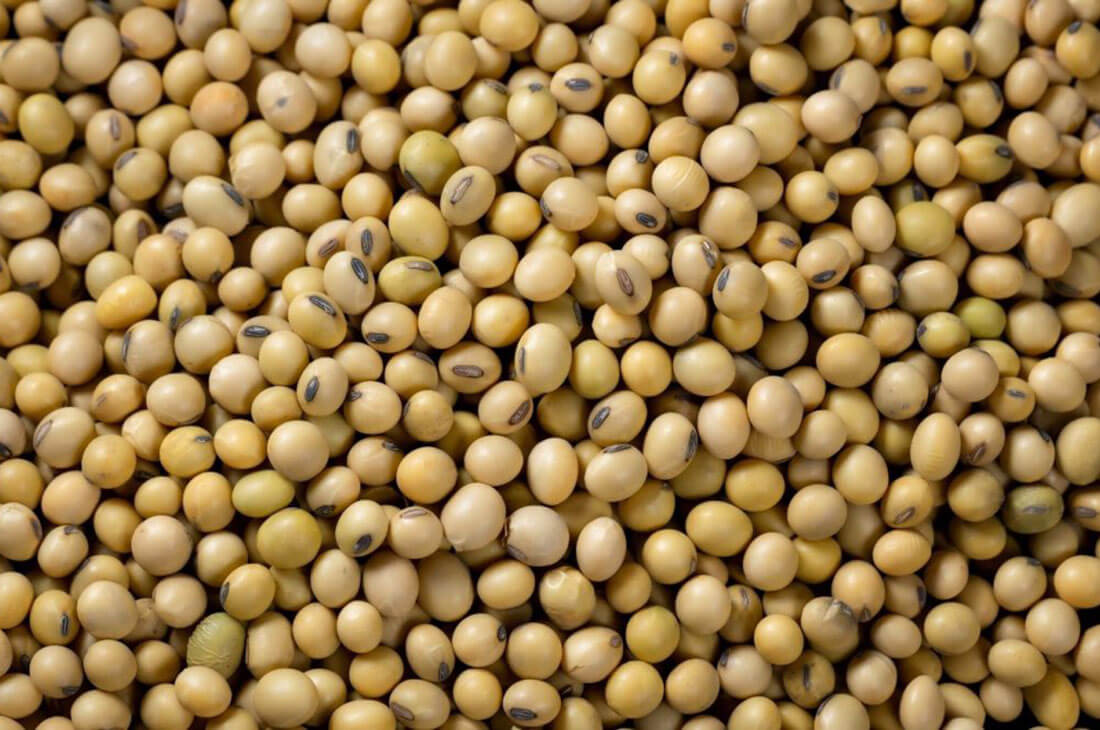On Thursday, prices of soybeans hiked due to a drought crisis in Argentina, leading to weaker grain production.
Soybeans futures for May delivery increased by 0.36% to $1,493.12 per bushel on March 16’s Asian afternoon session.
Argentina’s crushing plants for the commodity have been operating at the weakest capacity ever recorded amid the impact of drought. The nation’s top processing chamber leader mentioned the news on Wednesday.
Moreover, the world’s top exporter would have the lowest production in nearly a quarter century, equating to 27.00 million tons. According to analysts, the decrease results from low rainfall and higher temperatures.
In 2022, shipments of soybeans byproducts, which is Argentina’s primary source of foreign income, reached $18.52 billion.
Last February, farmers had 622,300.00 tons of output sold to the milling sector, almost a third of the 1.70 million tons sold last year. The data is from its agriculture ministry.
Experts have mentioned that producers in Argentina still have 6.00 million tons of soybeans from the 2021/22 cycle. However, it is a lower figure than usual, resulting in farmers accelerating their sales in the second half of 2022.
Furthermore, they added that a plunge in output could lead the country to import soybeans from neighboring nations like Paraguay and Brazil.
Brazil Soybeans Export to China Strengthens
This season, Brazil’s record soybeans crop would allow the county to increase exports to China as they widen domestic processing.
According to analysts, the higher crop would mark the nation’s status as the key supplier of food staples to the Asian nation.
In the previous year, the total Chinese soybeans imports dropped for the second continuous year to 91.00 million tons. Brazil accounted for 5.40 million tons, which slid by 6.00%, caused by weaker demand. Also, issues regarding Brazil’s crops hit by drought in 2022 led to a decrease.
In the first two months of 2023, China’s high record of soybeans imports represents demand expectations that benefit Brazil’s exporters.











